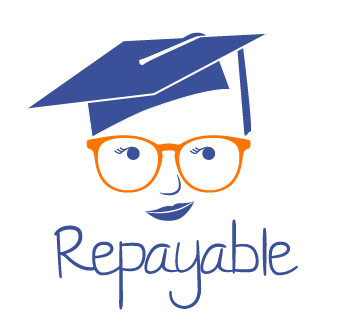Ask Jeni is brought to you in partnership with tuition.io, a company dedicated to helping the best companies free their employees from student loan debt.
I work for a non-profit, making me eligible for student loan forgiveness after 10 years. Since the employer [student loan] contribution goes towards my principal, how can this benefit me if my loans are going to be forgiven?
The biggest way your employer contribution helps you out in this situation is that it acts as a back-up plan. Because the benefit continues to lower your student loan principal you’ll end up with a lower balance if you become ineligible for Public Service Loan Forgiveness (PSLF). You’ll also have a lower loan balance if PSLF is eliminated by a Congressional budget vote.
One common way borrowers become ineligible for PSLF is by dropping below full-time. Full-time is as defined by the employer or 30 hours per week, whichever is more.
Failing to submit the necessary income information required to renew your income-drive repayment plan on time doesn’t technically make a borrower ineligible but it can mean you’ll pay a higher monthly amount (on the 10 year standard repayment plan) until you renew it. Failing to renew your income-driven plan can also lead to making ineligible payments on a 30 year standard repayment plan or other non-qualified plan. Key point here is to submit your income information on time to renew your income-driven repayment plan.
The final way a borrower can become ineligible is by switching jobs and working in non public service work. Although if that scenario applied you may no longer be getting the student loan repayment benefit.
If we look at the common good, this will benefit your fellow borrowers. There will be more PSLF funding available for borrowers like you who are counting on loan forgiveness because the employer contribution will decrease the final balance of your loan that gets forgiven after 120 eligible payments.
What your employer contribution won’t do.
Your employer contribution won’t make you eligible for PSLF any faster. You can only make one eligible student loan payment each month. That means the 120 payments required to receive PSLF can’t be reached any faster than 10 years. The extra monthly payments made by your employer are just extra payments that don’t speed up your duration of repayment until forgiveness.


Recent Comments